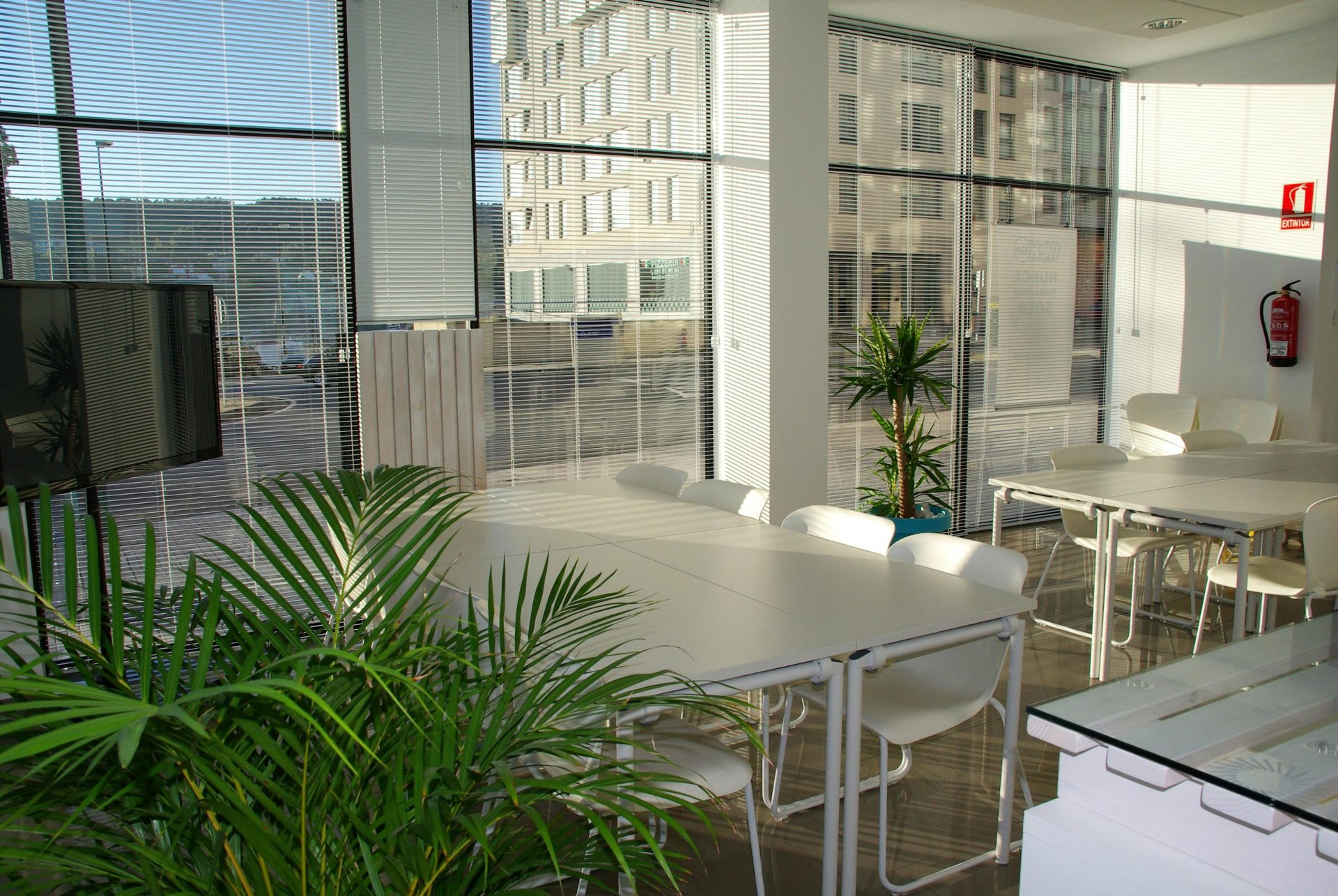Southeast Asia is undergoing a rapid transformation fueled by digitalization, demographic shifts, and evolving global economic trends. As we look ahead, the future of work in the region is being redefined by technology, talent mobility, and changing expectations from both employers and employees. Here are five key predictions shaping the world of work in Southeast Asia over the next five years.
- Remote and Hybrid Work Will Become the Norm
The pandemic catalyzed the shift to remote work, and that momentum is here to stay. Across Southeast Asia, companies are:
- Embracing hybrid work models to balance flexibility and productivity.
- Investing in remote collaboration tools and digital infrastructure.
- Rethinking office spaces as hubs for creativity and team bonding rather than daily attendance.
Governments are also supporting this trend with updated labor laws and digital nomad visa schemes to attract global talent.
- Demand for Digital and Green Skills Will Soar
The region’s booming tech ecosystem and push for sustainability are reshaping skill demands. Expect a surge in:
- Digital skills like AI, data science, cybersecurity, and cloud computing.
- Green economy roles in renewable energy, sustainable agriculture, and circular economy practices.
- Soft skills such as adaptability, critical thinking, and emotional intelligence to navigate rapid change.
Education systems and private sector partnerships will play a vital role in upskilling the workforce.
- Cross-Border Hiring Will Accelerate
The borderless workforce is becoming a reality, especially in tech and creative sectors. Over the next five years:
- More companies will hire talent across Southeast Asia without requiring relocation.
- Employer of Record (EOR) platforms will become essential for managing compliance.
- English proficiency and digital literacy will be critical assets for workers aiming to land cross-border roles.
This shift will help address talent shortages while promoting regional economic integration.
- Freelancing and the Gig Economy Will Expand
Freelancing is on the rise as more workers seek autonomy and multiple income streams. In Southeast Asia:
- Platforms for gig work and remote freelancing will multiply.
- Governments may implement social security schemes for gig workers.
- Employers will tap into freelance talent pools for project-based needs.
This trend supports both individual empowerment and business agility.
- Employee Experience and Well-Being Will Take Center Stage
A generational shift in expectations means employees are prioritizing purpose, mental health, and growth. Over the next five years, companies will:
- Design employee-centric work cultures with flexibility and inclusion.
- Offer holistic wellness programs, mental health support, and career development pathways.
- Use AI and people analytics to personalize employee engagement strategies.
Organizations that invest in people-first approaches will gain a significant competitive advantage.
Conclusion
The future of work in Southeast Asia is dynamic, diverse, and digital. Businesses that embrace flexibility, foster continuous learning, and prioritize employee well-being will be best positioned for success. For talent across the region, the next five years offer unprecedented opportunities to grow, adapt, and thrive in a rapidly evolving landscape.

Leave a Reply